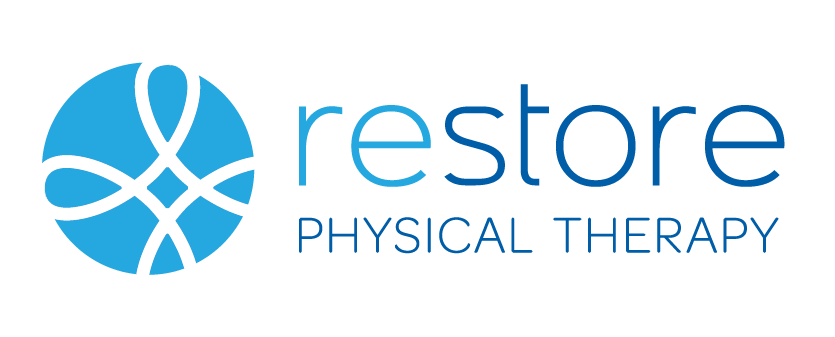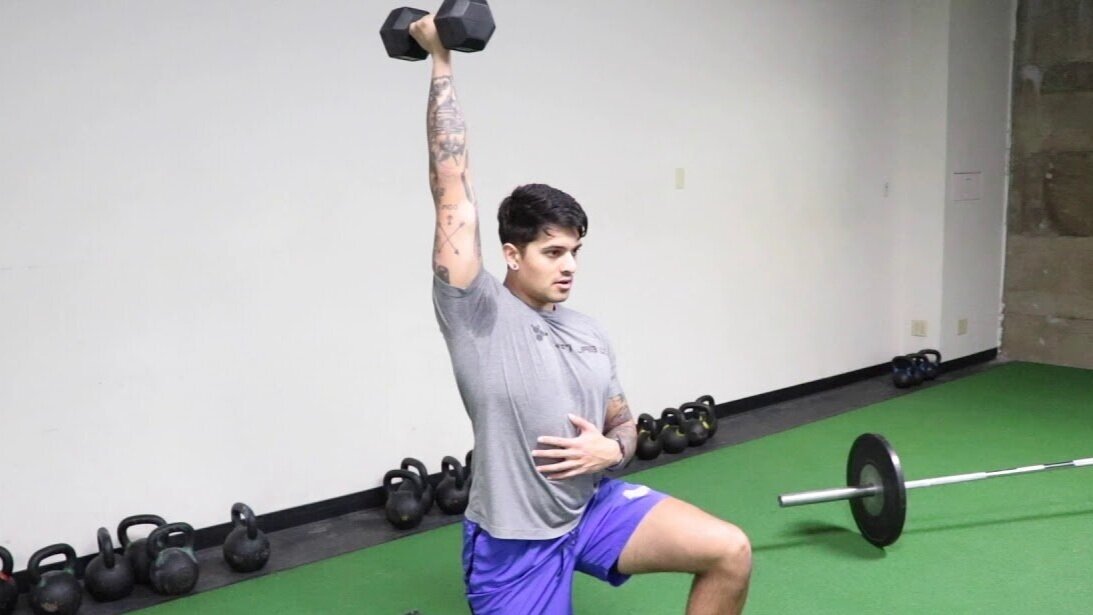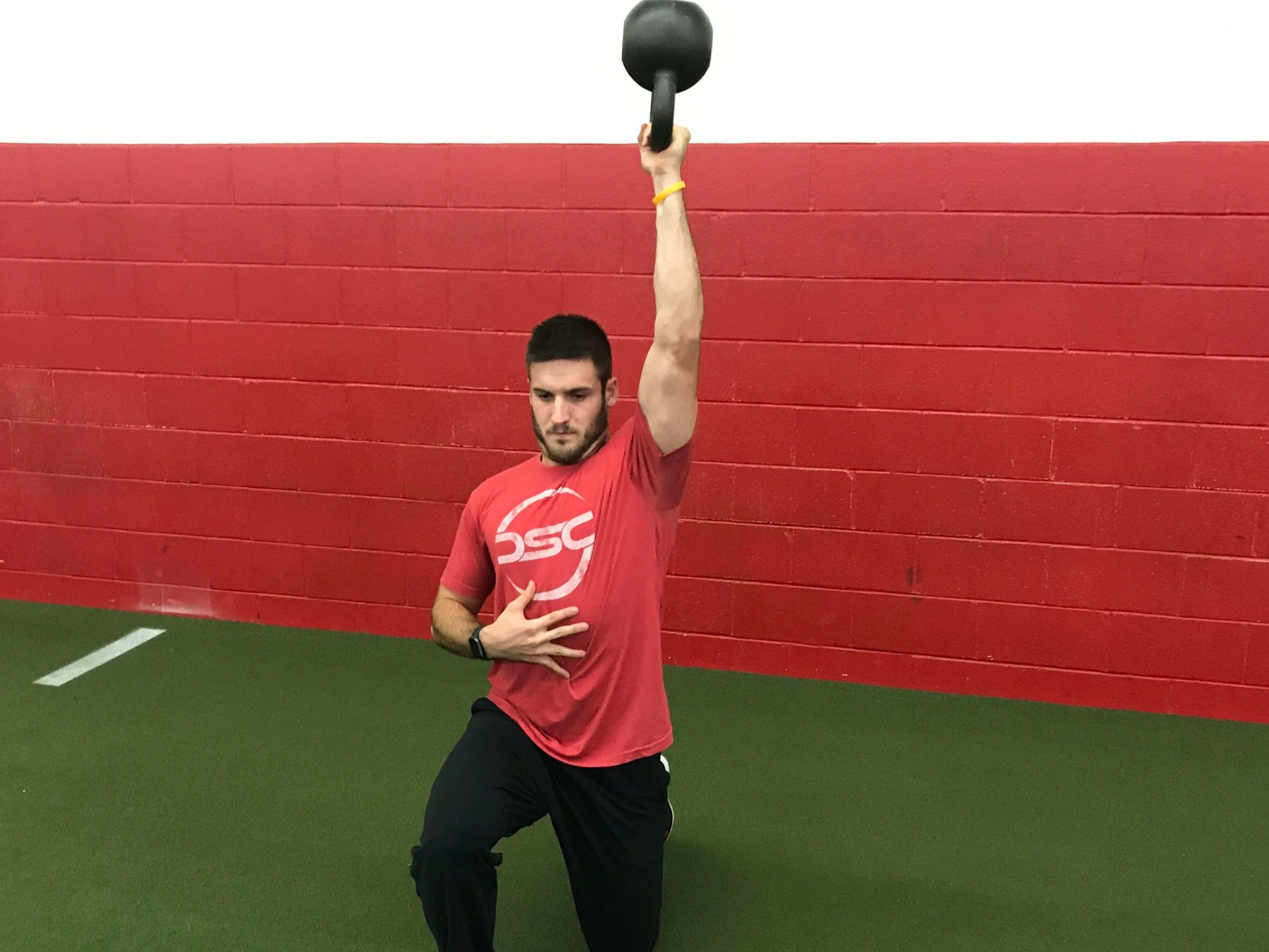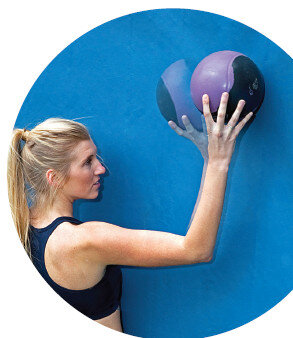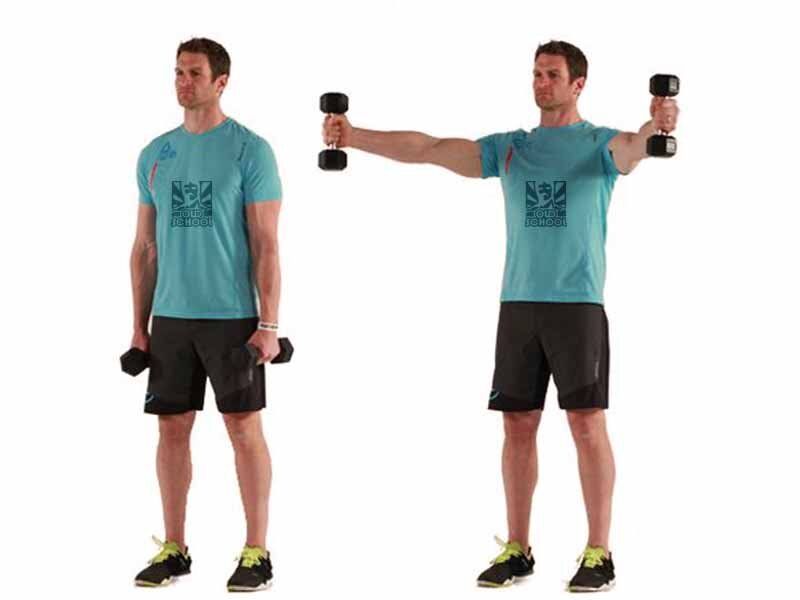4 Important Tips for Overhead Athletes
Overhead athletes put tremendous amounts of stress on the shoulder girdle every time they practice & play, but what are you doing to prevent injury? Simply performing your exercises over and over does not always translate into maintaining a healthy shoulder or avoiding mechanical breakdown. An overhead athlete requires Mobility, Strength, Stability and Endurance, in order to perform their tasks at a high level, without risking injury. Let’s discuss some ways to improve these four components!
Mobility
Having the ability to perform a full, pain-free range of motion in the shoulder is more complicated than it may seem. With over 15 muscles attaching into the shoulder girdle, we must understand how to address multiple regions in order to correct a mobility dysfunction. One of my favorite exercises is Kneeling Thoracic Spine Extension. This stretch will help to improve thoracic mobility and latissimus dorsi flexibility, thus aiding in proper scapular upward rotation and shoulder elevation during overhead movements. Kneel down with your elbows on a bench or box, holding a wand in your hands. Sit back onto your heels and press your chest through your arms, towards the floor to feel a stretch in the mid-back. Then curl the wand behind your head to initiate a stretch into the lat. Hold this stretch for 5-10 seconds and repeat 5 times.
Strength
Once you have achieved a full & pain-free overhead movement pattern, it is time to strengthen the body in that position. A great exercise is a ½ Kneeling Overhead Press. Place one knee down on the ground with the other leg up at 90* hip/knee flexion. Hold a dumbbell on the contralateral (opposite) side of the leg that is up. Load the dumbbell at the shoulder and press upwards. Remember to maintain core & glute activation to avoid lower back pain or excessive thoracic extension. To make this more challenging, use a kettlebell and to progress even further, turn the kettlebell upside down.
Stability
Stabilization exercises are often overlooked and put-off by athletes. A good stability program is typically avoided because it is time-consuming, tiring and simply not what most people want to be doing at the gym. However this attitude is what gets many overhead athletes in trouble with susceptibility to injury. A fun and useful exercise for shoulder stability is the 90-90 Medicine Ball Wall Dribble. Take a light medicine ball (4-8 lbs) holding it in one arm at 90* of shoulder flexion/abduction/external rotation. While standing close to the wall in this position, repeatedly dribble the ball against the wall, without breaking down your posture. The goal for this exercise is to create fatigue while maintaining proper form. Complete 50 dribbles on each arm for 2 sets.
Endurance
Lastly, a group of muscles can only be effective with repetitive, overhead exercises, if they can perform a movement for a duration of time without breaking form. Performing endurance exercises are essential for overhead athletes, in order to ensure the ability to complete their exercise pattern effectively, for long periods of time. An excellent example of this is Alternating Dumbbell Scaption with isometric holds. Take two plates with a reasonable weight (anywhere from 2-10 lbs) and perform scaption with both arms, stopping at eye level. While both arms are maintaining the isometric hold in this position, slowly lower one arm to the hip, then back up to the starting position before alternating. Be sure to avoid shrugging the shoulders and maintain core control to avoid unwanted spinal extension. Focus each lowering on a 5 second count. Complete 10 repetitions for each arm, for 2 sets.
If you are an overhead athlete and are looking to get rid of your pain, improve your performance and get back to sport, contact Restore Physical Therapy ASAP.
Click the button below to go directly into our contact page, where you will find our phone number and e-mail address. Reach out to discuss your injury and schedule an Initial Evaluation where we will perform thorough tests & measures to determine a diagnosis, begin a treatment plan and get you on the road to recovery!
